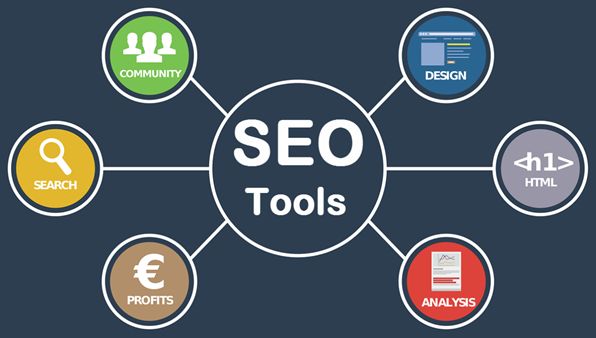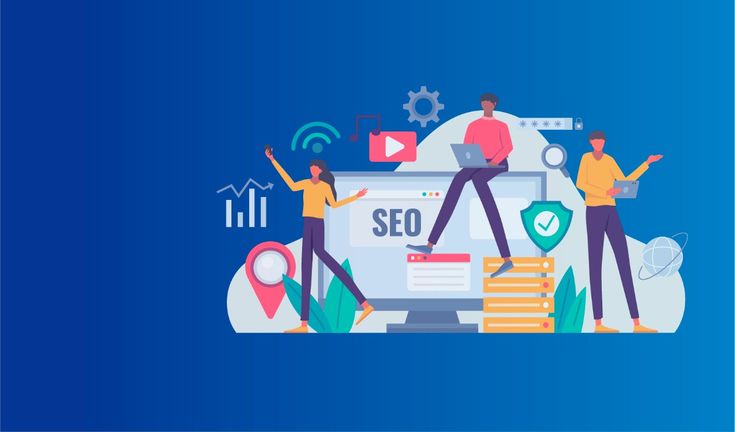Search engine optimization (SEO) is constantly evolving, with search engines like Google regularly updating their algorithms and ranking factors to deliver more relevant and useful search results to users. This blog explores the future of SEO, the latest trends and developments shaping the industry, and strategies for navigating evolving algorithms and trends to achieve long-term SEO success in the competitive digital landscape.
One of the key trends shaping the future of SEO is the increasing importance of user experience (UX) as a ranking factor, with search engines like Google placing greater emphasis on factors such as page speed, mobile-friendliness, and usability when determining search rankings. By optimizing their websites for a seamless and intuitive user experience, businesses can improve their chances of ranking higher in search results and driving organic traffic to their website.
Moreover, the rise of voice search and natural language processing (NLP) is changing the way users interact with search engines, with more users using voice-activated devices like smartphones, smart speakers, and virtual assistants to perform searches using natural language queries. By optimizing their content for voice search and conversational queries, businesses can improve their visibility in voice search results and capitalize on the growing popularity of voice-activated devices in the digital landscape.
Furthermore, the increasing importance of E-A-T (Expertise, Authoritativeness, Trustworthiness) as a ranking factor is driving businesses to focus on creating high-quality, authoritative content that demonstrates expertise and builds trust with users. By producing content that is accurate, informative, and well-researched, businesses can establish themselves as thought leaders in their industry and improve their website’s authority and credibility in the eyes of search engines, driving higher rankings and visibility in search results.
Additionally, the rise of artificial intelligence (AI) and machine learning is enabling search engines to deliver more personalized and relevant search results to users, with algorithms that can understand user intent, context, and preferences to provide more accurate and useful results. By leveraging AI-powered tools and techniques, businesses can optimize their SEO strategies and content to better align with user needs and expectations, driving higher engagement and conversions in the digital landscape.
Overall, the future of SEO is dynamic and ever-changing, with evolving algorithms and trends shaping the industry and presenting new opportunities and challenges for businesses. By staying informed about the latest developments in SEO, focusing on user experience, optimizing for voice search and conversational queries, creating high-quality, authoritative content, and leveraging AI-powered tools and techniques, businesses can navigate the complexities of the SEO landscape and achieve long-term success in driving organic traffic, engagement, and conversions in the competitive digital landscape.





